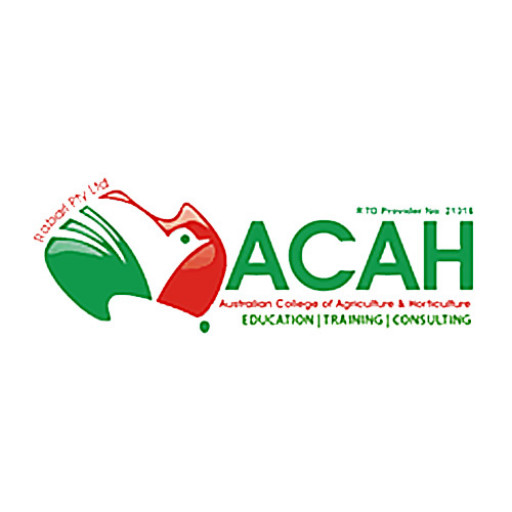Photos of university / #ucl
The Principles of Conservation program at University College London (UCL) offers a comprehensive exploration of the fundamental concepts, techniques, and methodologies involved in safeguarding cultural heritage. This interdisciplinary course is designed for students interested in the conservation and preservation of historical artifacts, artworks, architectural structures, and archaeological materials. The curriculum combines theoretical knowledge with practical skills, emphasizing the science behind conservation processes, the ethics of heritage preservation, and the importance of sustainable practices in maintaining cultural assets for future generations.
Students enrolled in this program will study a diverse range of topics, including materials science, chemistry, damage analysis, conservation ethics, and the environmental factors affecting heritage objects. The program also covers diagnostic techniques such as microscopy, spectroscopy, and other analytical methods critical for assessing the condition of artifacts. Through lectures, seminars, and hands-on workshops, participants gain experience in conservation techniques like cleaning, stabilization, repair, and long-term maintenance strategies.
The program is tailored to prepare graduates for careers in museums, heritage organizations, conservation laboratories, and academia. It fosters critical thinking, technical proficiency, and ethical responsibility, ensuring students can make informed decisions that balance preservation with accessibility. Collaboration with professionals, access to state-of-the-art laboratories, and opportunities for internships and fieldwork are key components that enhance practical learning outcomes.
By integrating scientific principles with a deep understanding of cultural significance, the Principles of Conservation at UCL aim to cultivate skilled professionals capable of addressing the complex challenges faced in heritage preservation today. Graduates emerge with a well-rounded education that equips them to contribute meaningfully to the safeguarding of our world's cultural treasures, ensuring their survival for generations to come.
Students gain an in-depth understanding of approaches to collections care, preventive conservation, risk assessment, conservation strategies, ethics, management and professionalism, and develop critically aware perspectives on professional practice and research processes.
Students undertake modules to the value of 180 credits.
The programme consists of four core modules (60 credits), optional modules (30 credits) and a research dissertation (90 credits).
Core modules
Students are required to take the following:
- Issues in Conservation: Context of Conservation
- Issues in Conservation: Understanding Objects
- Conservation in Practice: Preventive Conservation
- Skills for Conservation Management
Optional modules
Students choose to follow further optional modules up to the value of 30 credits from the following list of related options (the degree coordinator may seek to guide the option choices made by those intending to carry on for the MSc in Conservation for Archaeology and Museums):
- Approaches to Artefact Studies
- Archaeology and Ethnicity
- Archaeolmetallurgy 1: Mining and Extractive Technology
- Archaeometallurgy 2: Metallic Artefacts
- Archaeological Ceramics Analysis
- Archaeological Glass and Glazes
- Interpreting Pottery
- Materials structure and deterioration of craft materials
Dissertation/report
All students undertake an independent research project which culminates in a dissertation of 15,000 words.
Teaching and learning
The programme is delivered through a combination of seminars, lectures, small-group tutorials, workshops and practical projects. Some modules include visits to conservation workshops and museums, including the British Museum, National Trust and the Museum of London. Assessment is through coursework, essays, poster, portfolio, project reports and the dissertation.
A minimum of an upper second-class Bachelor's degree normally in archaeology, anthropology, history of art or the physical sciences from a UK university or an overseas qualification of an equivalent standard. Degrees in other subjects may be accepted, and relevant experience (e.g. in conservation, archaeology or museums) is an advantage.
Institute of Archaeology Master's Awards: A small number of grants of £1,000 are available for the academic year 2017/18. All UK/EU and Overseas fee paying students with an offer to start any Master's degree offered by the IoA are eligible to apply.
The Principles of Conservation programme at University College London (UCL) offers students a comprehensive understanding of the fundamental principles and practices involved in the conservation of cultural heritage. Designed for individuals interested in protecting and restoring historic artifacts, artworks, and architectural structures, this programme integrates theoretical knowledge with practical skills. Throughout the course, students explore various conservation techniques, materials, and ethical considerations essential for preserving cultural assets for future generations. The curriculum covers topics such as the chemistry of materials, deterioration mechanisms, assessment and documentation of conservation issues, and conservation management strategies. Students also gain hands-on experience through workshops and internships, allowing them to apply their learning in real-world contexts. UCL’s Centre for Sustainable Heritage provides a unique environment for interdisciplinary collaboration, combining expertise from archaeology, art history, materials science, and engineering. The programme is suitable for graduates in archaeology, art history, architecture, chemistry, or related fields seeking specialized training in conservation. Graduates of this programme are equipped to pursue careers in museums, heritage organizations, conservation agencies, private practice, or further academic research. The programme emphasizes a combination of scientific understanding, ethical responsibility, and practical skills to ensure the effective preservation of cultural heritage amidst challenges posed by environmental change, urban development, and climate change. Students are encouraged to develop critical thinking, problem-solving abilities, and a professional approach to conservation projects, aligning with UCL’s commitment to excellence in heritage preservation. The degree typically includes coursework, project work, and a dissertation, culminating in a comprehensive understanding of conservation principles, practices, and professional standards.









